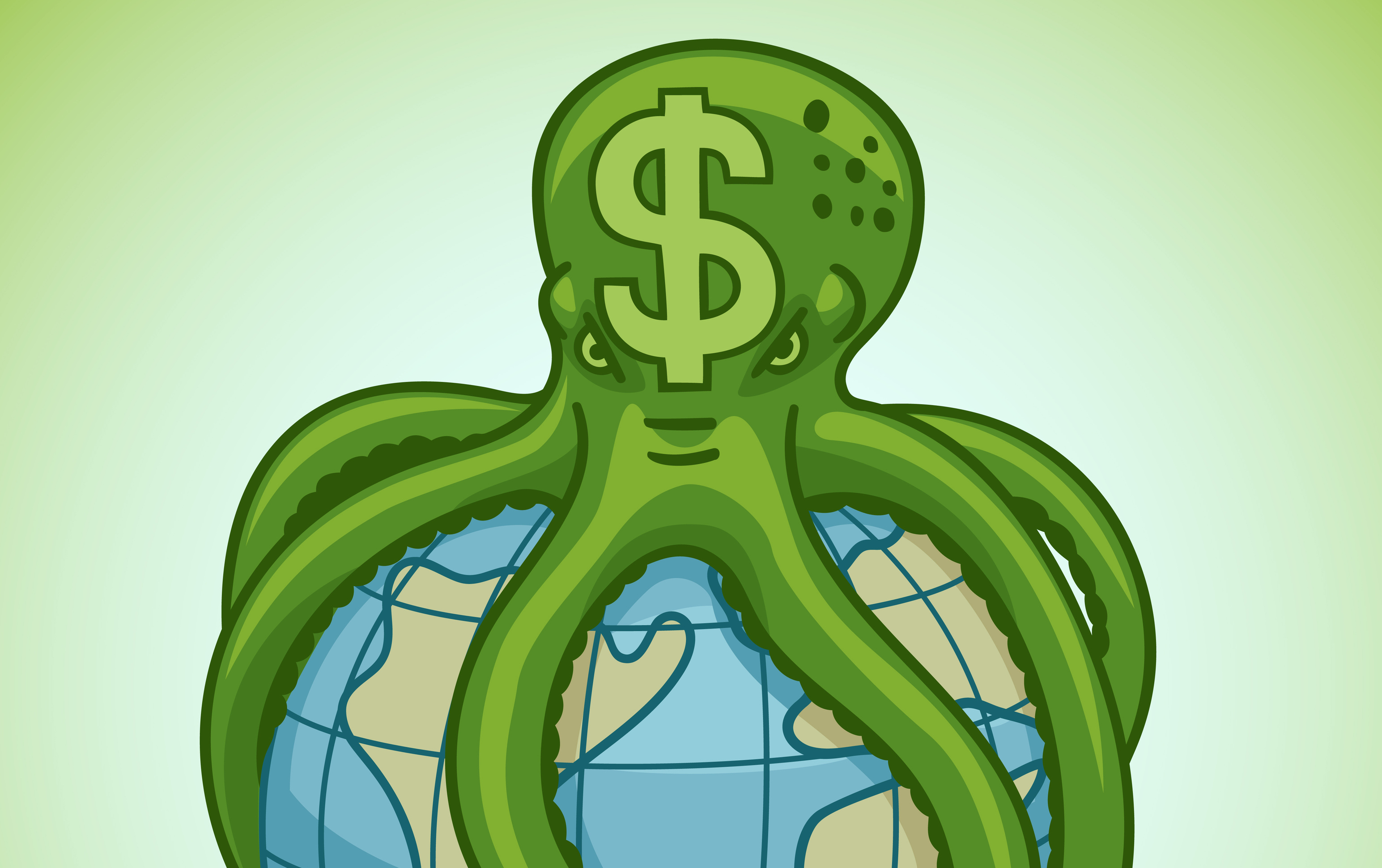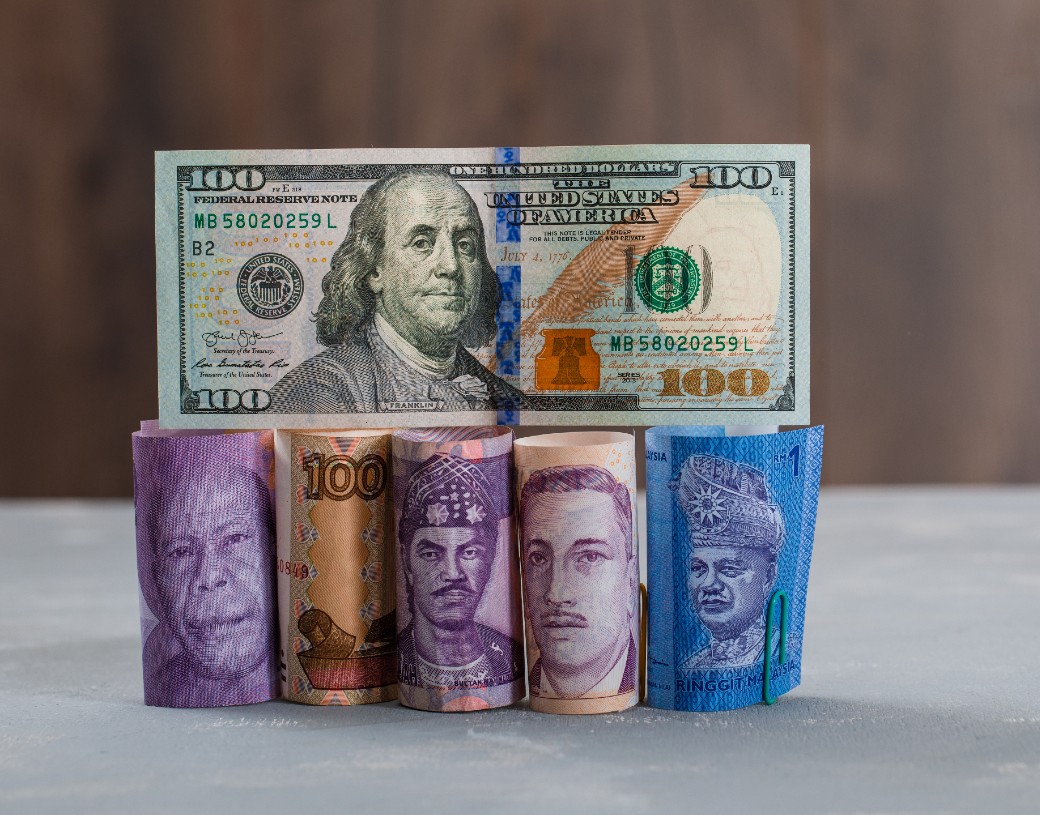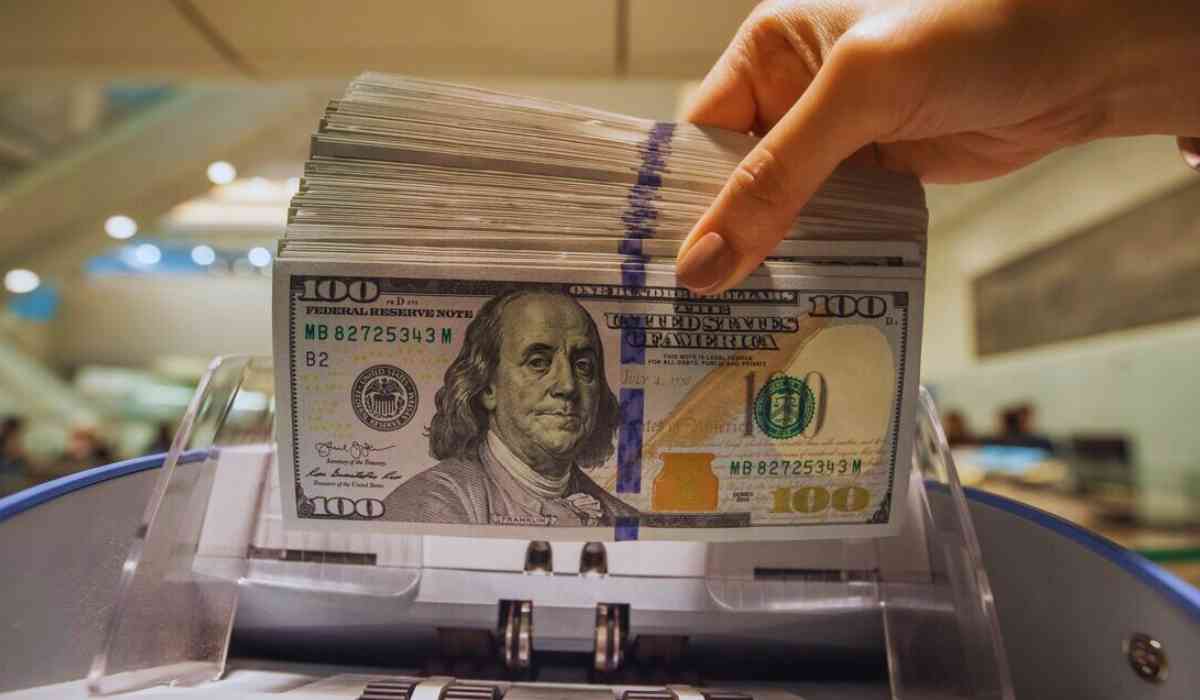Think of the U.S. dollar as the world's most popular currency, like the most-used language for business deals. For decades, it's been the go-to money for international trade, investments, and keeping track of global finances. This gives the U.S. a lot of power and influence.

-
Convenience and Stability: Because everyone uses it, trading in dollars is easier and more efficient. Plus, the U.S. economy is generally seen as stable, making the dollar a reliable store of value.
-
Borrowing Power: The U.S. can borrow money more easily and at lower interest rates because everyone wants dollars.
-
Influence: The U.S. can use its financial clout to exert influence on other countries.
Why BRICS Might Want an Alternative
Now, BRICS nations might want to create their own system for a few reasons:
-
Reducing Dependence: They might feel too reliant on the U.S. and want more control over their own economies.
-
Political Leverage: Having their own currency or system could give them more say in global affairs.
-
Avoiding Sanctions: If the U.S. imposes sanctions on a country, that country might struggle to trade using dollars. An alternative system could help them bypass those sanctions.

The Impact of 100% Tariffs: A Game Changer?
Trump's threat of 100% tariffs is a big deal. Here's how it could play out:
-
Higher Prices for Consumers: If goods from BRICS countries become twice as expensive, consumers in the U.S. will have to pay more for things they buy.
-
Damage to Businesses: American businesses that rely on imports from BRICS countries could suffer. They might have to find new suppliers or raise their prices.
-
Trade War Escalation: BRICS countries might retaliate by imposing their own tariffs on U.S. goods, leading to a trade war where everyone loses.
-
Investment Shifts: Investors might become nervous and pull their money out of both the U.S. and BRICS countries, leading to economic instability.
-
Dollar's Decline (Potentially): While Trump wants to protect the dollar, his actions could backfire. If countries are scared off from using the dollar, its value might actually decline in the long run.
Modi's Balancing Act: A Tightrope Walk
Modi's visit to the U.S. highlights India's tricky position. India is a key member of BRICS but also wants closer ties with the U.S. Here's what he has to consider:
-
Economic Interests: India needs to balance its trade relationships with both BRICS and the U.S.
-
Strategic Partnerships: India sees the U.S. as an important strategic partner, especially in countering China's growing influence.
-
Maintaining Autonomy: India wants to maintain its independence in foreign policy and not be seen as taking sides in a U.S.-China rivalry.

The "Fairness" Debate: Who Decides?
Trump's emphasis on "fairness and reciprocity" raises an important question: who gets to decide what's fair? Different countries have different ideas about trade and what's in their best interests. What Trump sees as unfair, another country might see as protecting its own industries.
In Conclusion: A Complex Web
Trump's tariff threat, the BRICS' ambitions, and Modi's balancing act all create a complex web of economic and political interests. The future of the dollar, global trade, and international relations will depend on how these players navigate this tricky situation. It's a high-stakes game with the potential to reshape the world economy.
With inputs from agencies
Image Source: Multiple agencies
© Copyright 2024. All Rights Reserved Powered by Vygr Media.

























